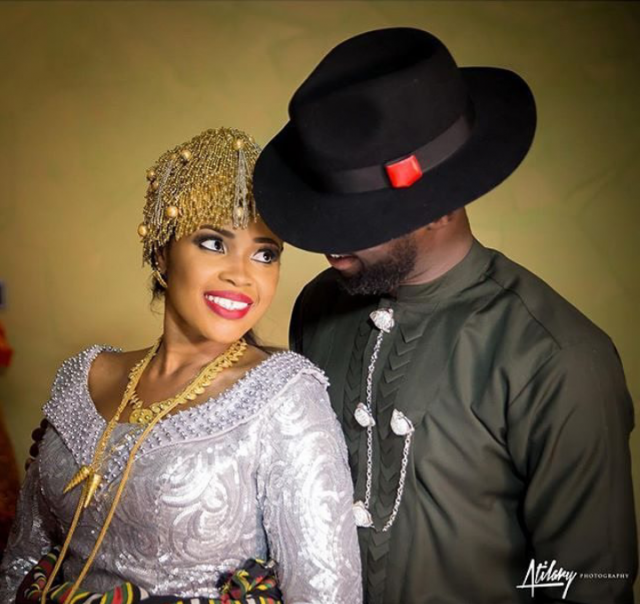
You have found yourself an Ijaw woman? Congratulations! You are about to experience an elaborate culture and thanks to this here guide to marrying an Ijaw woman, you will be ready to impress your soon to be Ayoro gelewuh. That is ‘wonderful new wife’ in the native tongue by the way. Are you taking notes?
The Ijaw people are the fourth largest ethnic group in Nigeria, mainly occupying the coastal region of the Niger Delta, and extending to part of Ondo state. They have many clans: Beni, Tarakiri, Mein, Kalabari and so on. As such, there are differences here and there, but the basic marriage procedure carries through.
The Ware ogiga gbolo literally means “to knock”. This is the introduction, to enable both families get familiar. The groom and his family are expected to come with gin and other beverages. If he is not Ijaw, he can bring kolanut, though it is not customary for the Ijaws to break kolanut at such gatherings.
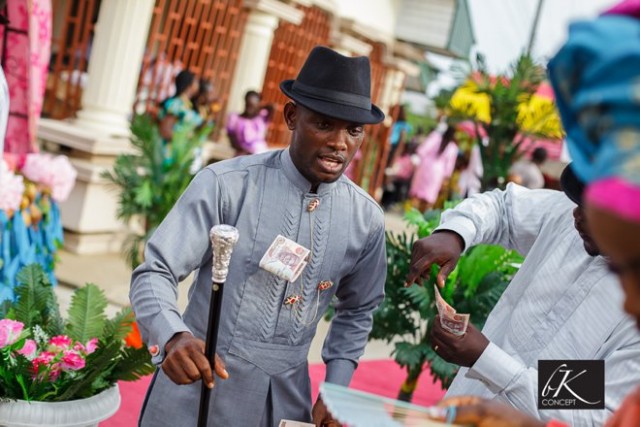
Photo Credit: Instagram / @bkconcept
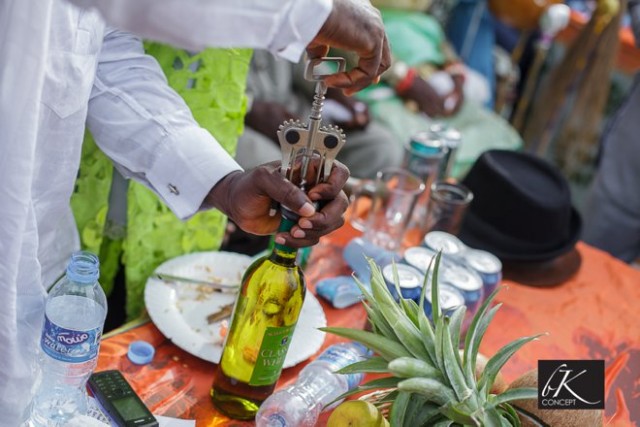
Photo Credit: Instagram / @bkconcept
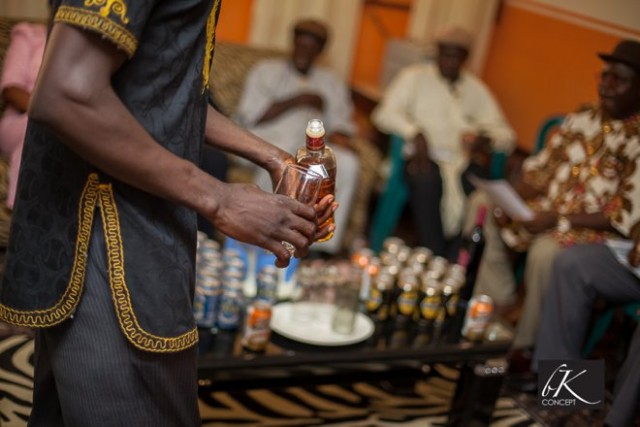
Photo Credit: Instagram / @bkconcept
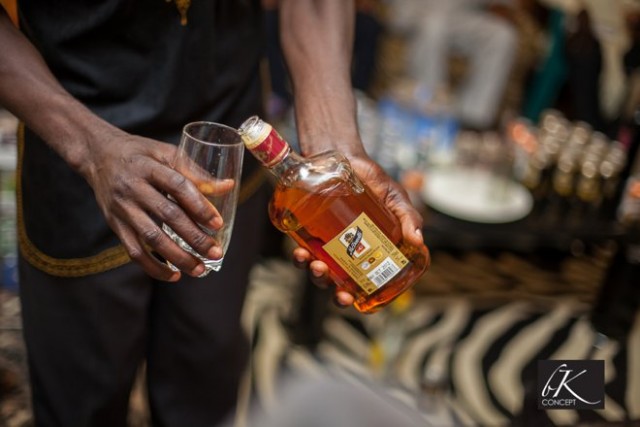
Photo Credit: Instagram / @bkconcept
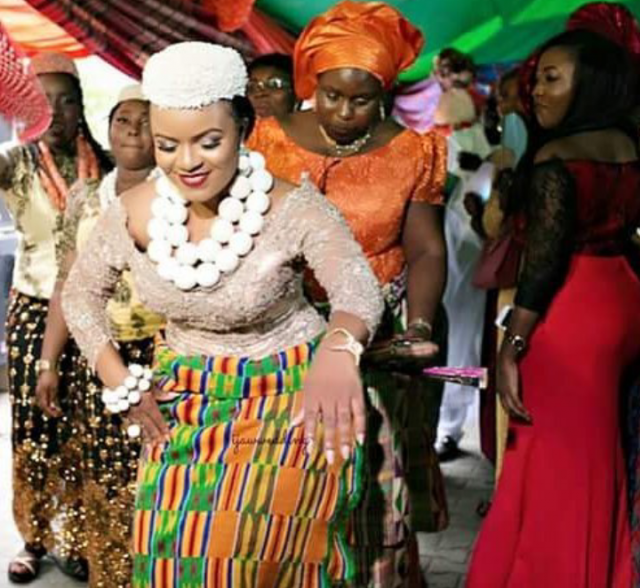
Photo Credit: Instagram / @imagefaculty
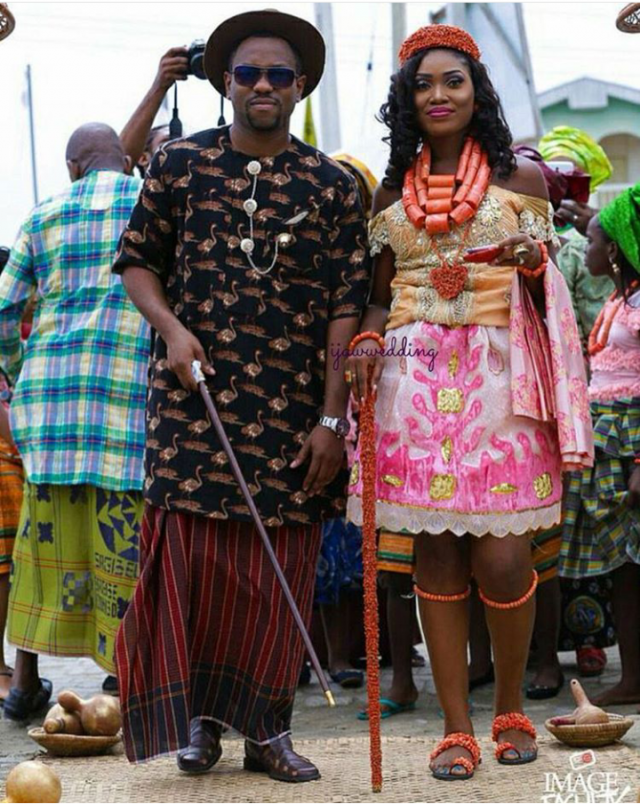
Photo Credit: Instagram / @lumiphotography
- Biyanwuru
The bottle of gin presented to the father of the bride before the start of the marriage negotiation. - Egberigba Wuru
The bottle of gin and an agreed-upon sum of money presented to the father or his spokesman to introduce their intentions. A later date is usually given to return for feedback. Tension we know, but never fear; if you have come this far, the odds are in your favour. - Bibirin Okuba
Another bottle of gin and some money because yay! Your girl’s dad has approved the marriage. - Shihikunmo
Gin and money to inform your new father-in-law and the rest of the family, of the date of your return to pay the bride price, so that they can expect your squad. A list of items is given to the groom to return with.
Unlike other ethnic groups, the Ijaw list does not contain food items, except for salt. Traditionally, the list includes;- Twenty litres of gin
- A canoe and fishing nets
- Lantern
- Mortar and pestle
- Box of clothes
- Money for parents of the bride
- Tobacco
- Money for the maidens
- Outfits for the parents
- Money for 'the bride’s waist' (just money for mahe bride)
- Money for the brothers
Times have changed; most people now live in cities, so the canoe and fishing nets are now monetised and handed over to the bride along-side money for her waist.
- Wari benite
This means the families are now assembled for bridal negotiations. - Wo fiyete
The Ijaw people apparently love their liquor because you are about to offer some more to start the discussion, as well as another token sum. - Fhibiti
The actual bride price, accompanied by (wait for it) more bottles of gin. The sum varies between families and between clans. Traditionally, if you are not from her village, you pay more to compensate for her village’s loss of her children. - Yinghin okhuba
The money you give to your new mother-in-law. - Uguni Kamain
Party time! This means entertainment of the strangers. You and your family will be lavishly fed and plied with alcohol, and then you and your blushing bride are presented to the public. Cue traditional dance, and more food for attendees. - Wo seritie
Finally, your people present a bottle of gin again (no surprises here) and ask to leave with the bride. You may be expected to take your bride and visit members of her family with items off a list from her father, to get more familiar.
That’s it! you are now officially the proud husband of an Ijaw woman.
